Introduction
Building a floating deck can transform your outdoor space into a serene retreat, perfect for relaxation or entertaining friends. With its unique design that elevates the experience of outdoor living, the allure of floating decks is undeniable. However, before diving into this exciting project, it’s crucial to understand the essential cost factors involved in creating your dream deck.
Discover the Allure of Floating Decks
The charm of a floating deck lies in its ability to seamlessly integrate with natural surroundings while providing a versatile area for various activities. Imagine hosting summer barbecues or simply enjoying a quiet evening under the stars on your very own floating deck! This innovative structure not only enhances your home’s aesthetic appeal but also increases its overall value—making it an enticing option for homeowners.
Understand the Essential Cost Factors
When considering building a floating deck, it’s vital to grasp how various elements influence floating deck costs. From materials and labor to design complexity and local regulations, each factor plays a significant role in determining your overall expenses. By understanding these cost drivers early on, you can create a realistic budget that accommodates both expected and unexpected costs.
Explore Material Options for Your Deck
Choosing the right materials is crucial when constructing your floating deck; options range from traditional wood to modern composite wood decking. Each material comes with its own set of advantages and varying composite wood decking costs that can impact your project budget significantly. By exploring these options thoroughly, you can select materials that not only fit your style but also align with your financial goals while ensuring long-term durability and satisfaction.
Assessing Your Outdoor Space
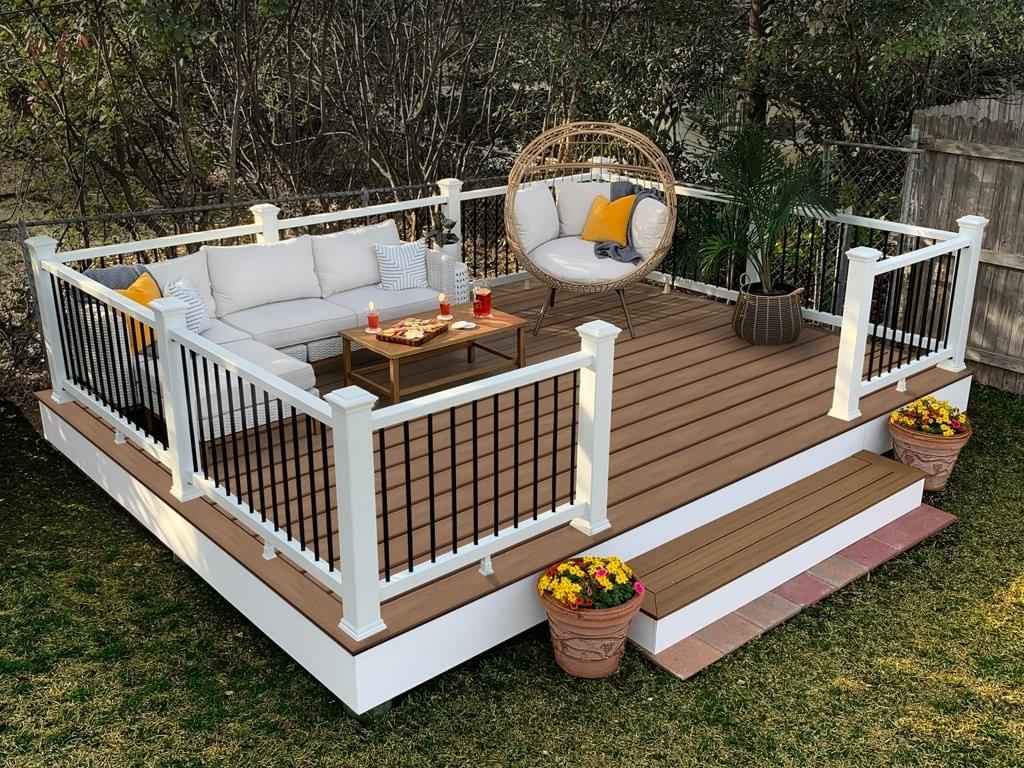
Building a floating deck is an exciting project, but the first step is to assess your outdoor space carefully. Understanding dimensions and layout will set the foundation for your design, ensuring that you maximize both functionality and aesthetics. This assessment will also give you a clearer picture of the floating deck cost associated with your specific area.
Evaluating Dimensions and Layout
Before diving into the world of composite wood decking cost or planning your dream floating deck, take a good look at your available space. Measure the area where you envision building a floating deck, noting any obstacles like trees, slopes, or existing structures that may affect its layout. Remember that the size and shape of your deck will directly influence the overall deck cost per square foot—larger decks typically mean higher costs.
Once you've jotted down those dimensions, sketch out potential layouts to visualize how they would fit into your outdoor environment. Consider how you plan to use this space: will it be for entertaining guests, enjoying quiet evenings, or perhaps both? The layout should not only accommodate these activities but also flow seamlessly with the surrounding landscape.
Choosing the Right Location
Think about sun exposure throughout the day—do you want a sun-drenched oasis or a shaded retreat? Additionally, proximity to water sources for easy cleaning and maintenance can help keep long-term composite wood decking costs in check.
Your chosen location should also offer easy access from your home while providing enough privacy from neighbors. Consider views as well; positioning your floating deck to overlook gardens or scenic landscapes can enhance its appeal without significantly affecting floating deck costs. A well-placed deck not only adds value but creates an inviting atmosphere for gatherings.
Considering Local Regulations
Before getting too carried away with designs and materials like composite wood decking, it's crucial to consider local regulations regarding outdoor structures in your area. Many municipalities have specific rules concerning permits for building a floating deck—skipping this step could lead to costly fines down the line! Always check zoning laws and building codes before starting construction; knowing these details upfront can help streamline budgeting for unexpected costs later on.
Additionally, some homeowners' associations (HOAs) may have restrictions on what types of decks are permissible in residential areas. Familiarizing yourself with these guidelines ensures that you're not only compliant but also prevents any surprises that could inflate overall expenses unexpectedly. After all, nobody wants their dream project halted due to regulatory issues!
Understanding Floating Deck Costs
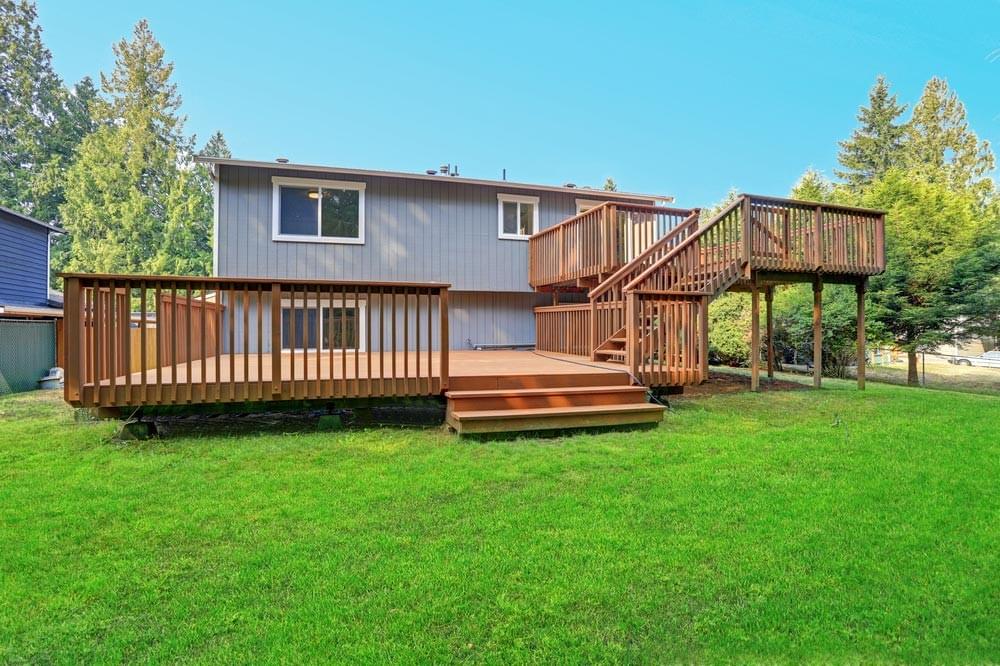
Building a floating deck can be an exciting project, but understanding the costs involved is crucial to avoid surprises. The floating deck cost varies widely based on multiple factors, including materials, size, and location. By breaking down these elements, you can create a budget that aligns with your vision for your outdoor space.
Average Deck Cost per Square Foot
For composite wood decking, this figure typically rises to around $25 to $45 per square foot due to its durability and low maintenance requirements. Remember that while the initial investment might be higher for composite decking, its longevity could save you money in the long run.
Factors Influencing Overall Expenses
Several factors influence the overall expenses when building a floating deck. First off, the choice of materials plays a significant role; while traditional wood may offer lower upfront costs, composite options often provide better value over time due to reduced upkeep needs. Additionally, local labor rates and site conditions—such as uneven ground or difficult access—can further impact your floating deck cost.
Budgeting for Unexpected Costs
No matter how well you plan your budget for building a floating deck, unexpected costs can pop up like weeds in a garden! It's wise to set aside an additional 10-20% of your total budget for those surprise expenses that always seem to arise during construction. This cushion will help ensure that you're not left high and dry—or should we say high and wet—if something goes awry during your project.
Material Matters: Composite vs. Wood
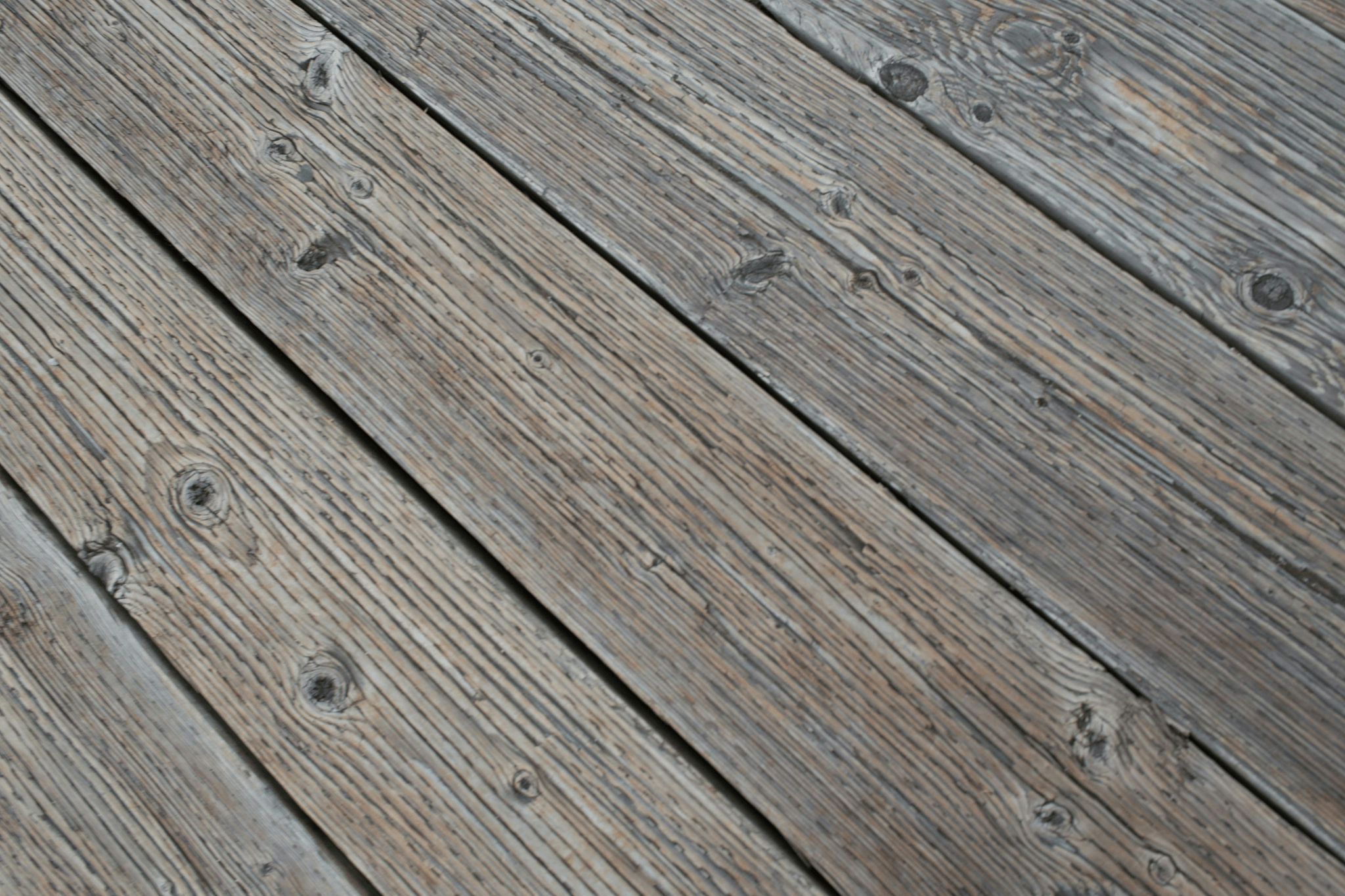
Each option has its own unique set of advantages and disadvantages that can significantly influence your overall floating deck cost. Understanding these differences is essential for making an informed choice that suits your budget and lifestyle.
Advantages of Composite Decking
Composite decking has gained popularity for several compelling reasons, chief among them being its low maintenance requirements. Unlike wood, which needs regular staining and sealing to prevent decay, composite materials resist fading, rotting, and insects—meaning you can spend more time enjoying your floating deck rather than maintaining it. Additionally, composite decking often comes in a variety of colors and textures, allowing you to achieve the look you desire without sacrificing durability.
Another advantage is sustainability; many composite products are made from recycled materials, making them an eco-friendly choice for environmentally conscious homeowners. This aspect not only appeals to those looking to reduce their carbon footprint but can also be a selling point if you ever decide to put your home on the market. Plus, with the rising trend of outdoor living spaces, investing in a composite deck adds significant value to your property.
Finally, when considering floating deck costs in terms of longevity, composite decks generally outperform their wooden counterparts. While the initial investment may be higher due to the composite wood decking cost per square foot being steeper than traditional wood options, the long-term savings on maintenance and replacement make it an attractive option for many homeowners.
Comparing Composite Wood Decking Cost
When diving into the financial aspects of building a floating deck with either material type, it's crucial to understand how costs stack up against each other. The average deck cost per square foot for composite materials typically ranges from $10 to $15 or more depending on brand and quality—while traditional wood usually falls between $5 and $10 per square foot. However, these figures don't tell the whole story; when factoring in maintenance expenses over time for both options can significantly tilt the scales.
While initial costs may seem daunting with composite decking compared to wood options like cedar or pressure-treated lumber, remember that longevity plays a key role in overall expenses. With wooden decks requiring frequent upkeep—such as staining every couple of years—the cumulative costs may make that initially cheaper option much more expensive down the line. Thus, while comparing prices might lead you toward traditional wood at first glance for building a floating deck; consider holistic expenses before making your final decision.
Ultimately, understanding how these costs fit into your overall budget will help ensure you're not just focusing on upfront prices but also planning wisely for future expenditures related to upkeep or repairs on whichever material you choose.
Longevity and Maintenance Considerations
One of the most appealing aspects when comparing materials is how they hold up over time under various weather conditions—a critical factor if you're investing in a floating deck meant for relaxation or entertaining guests outdoors! Composite decking shines here as it’s designed specifically for durability against elements like moisture or UV rays; this means fewer worries about warping or splintering over time compared with traditional woods that can succumb easily without proper care.
Maintenance is another area where composites excel; unlike wooden decks which require regular cleaning along with periodic sealing treatments every few years—composite decks typically need just occasional washing with soap and water! This ease translates directly into saved time (and money) which could otherwise go towards laborious upkeep tasks instead of enjoying those sunny afternoons lounging by your newly built structure.
In summary: While both options have their merits depending upon personal preference regarding aesthetics versus practicality—when considering factors such as longevity combined with minimal maintenance requirements—the case strongly favors choosing composites over conventional woods during construction planning phases!
Designing Your Dream Floating Deck
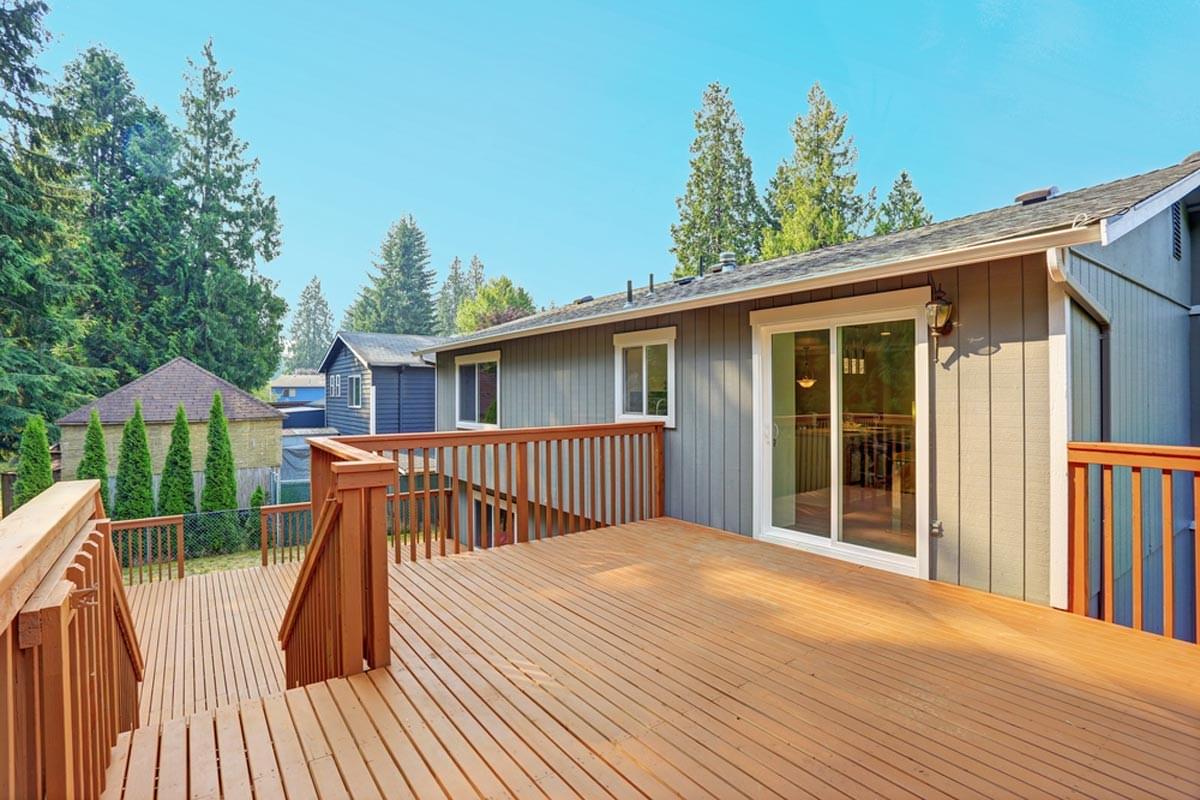
Designing your dream floating deck is an exciting venture that allows you to create a personalized outdoor oasis. The process involves careful planning, from the layout to the materials you’ll use, ensuring that your vision aligns with your budget and lifestyle. By understanding floating deck costs and making informed choices, you can build a stunning space without breaking the bank.
Sketching a Functional Layout
When sketching a functional layout for your floating deck, consider how you plan to use the space. Will it be for entertaining guests, relaxing with a book, or perhaps hosting summer barbecues? A well-thought-out design maximizes usability while minimizing floating deck costs by effectively utilizing every square foot of available space.
Begin by measuring your outdoor area and determining the dimensions of your floating deck. Creating zones for different activities can enhance functionality; for example, designate areas for seating, dining, or even a fire pit. Remember that the average deck cost per square foot will vary based on size and complexity, so keep an eye on those measurements as you sketch!
Incorporating Aesthetic Elements
Aesthetics play a crucial role in transforming a basic structure into an inviting retreat. Incorporating aesthetic elements such as decorative railings, built-in benches, or planters can elevate the overall look of your floating deck while adding value to your property. These enhancements may impact composite wood decking costs but can significantly increase visual appeal and enjoyment.
Consider adding features like ambient lighting or colorful cushions to create an inviting atmosphere during evening gatherings. Using natural elements like potted plants or climbing vines can also soften hard surfaces and integrate your deck with its surroundings seamlessly. Ultimately, thoughtful aesthetics not only beautify but also contribute to the overall experience of building a floating deck.
Choosing the Right Color Schemes
Choosing the right color scheme is essential in achieving harmony between your home’s exterior and your new floating deck. Opting for colors that complement existing structures creates cohesion in design while enhancing curb appeal—an important factor if you're considering future resale value! When evaluating composite wood decking cost versus traditional wood options, remember that color choices may influence maintenance needs over time.
Earthy tones often blend well with natural landscapes while brighter hues can make bold statements against greenery or water features nearby. Don’t shy away from experimenting with contrasting colors; just ensure they align with your overall vision! Ultimately, selecting appealing colors will not only enhance aesthetics but also provide lasting joy every time you step onto your beautiful floating deck.
DIY vs. Hiring Professionals
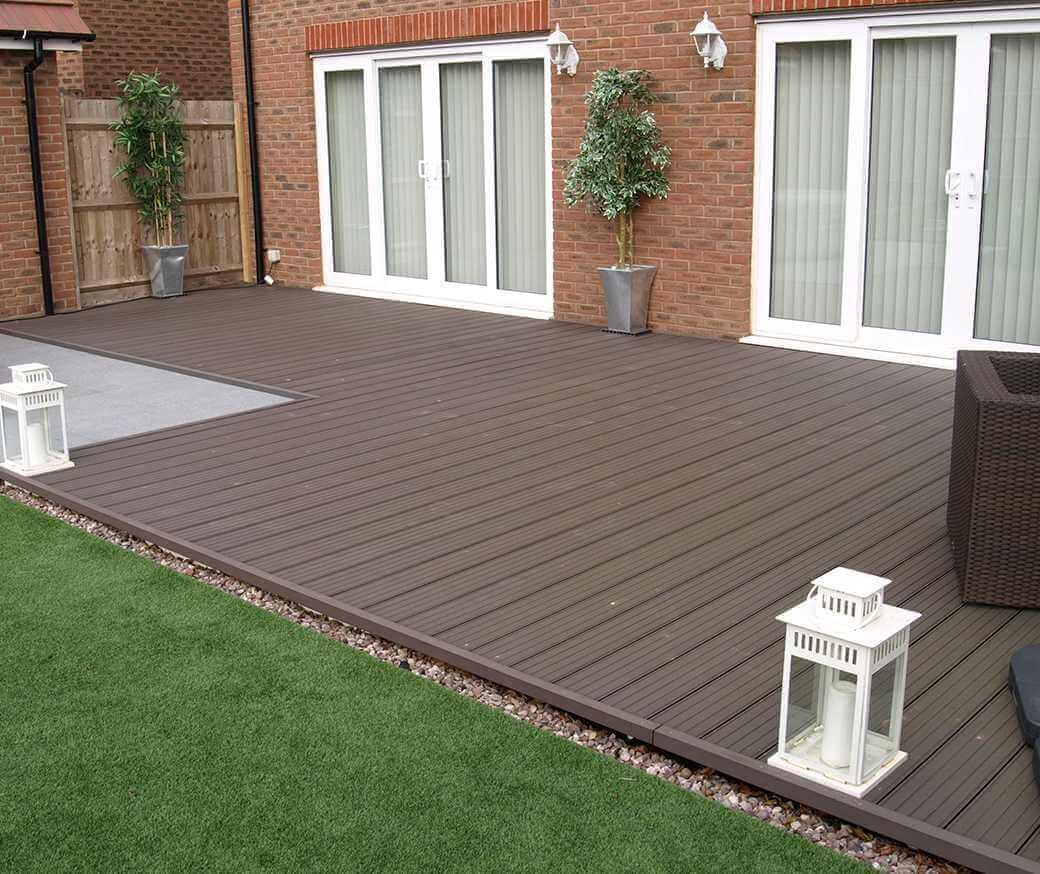
Each option has its own set of advantages and challenges, and understanding these can make your floating deck journey much smoother. Let’s dive into the pros and cons of each approach so you can choose wisely.
Weighing the Pros and Cons
Building a floating deck on your own can be an incredibly rewarding experience, giving you a sense of accomplishment and saving on labor costs. However, it requires time, effort, and some level of skill in construction; if you're not handy with tools or don’t have the necessary experience, things could go awry. On the flip side, hiring professionals brings expertise to the table—ensuring that your deck is built correctly while potentially speeding up the timeline—but it does come at a premium price.
For those considering DIY options, it’s essential to weigh how much time you’re willing to invest versus how quickly you want your floating deck completed. If you're eager for instant gratification but lack experience in building a composite deck or understanding floating deck costs, going professional might be your best bet. Ultimately, consider what factors matter most: cost savings or quality assurance.
Cost Implications of Each Option
The floating deck cost varies significantly depending on whether you choose to go the DIY route or hire experts for installation. If you’re building a composite deck yourself, expect lower overall expenses since you'll only need to cover materials and any tools required for construction—though remember that composite wood decking cost can be higher than traditional wood options upfront. However, don’t underestimate potential hidden expenses like mistakes that may require repairs down the line!
In contrast, hiring professionals means paying for their expertise along with labor costs—often translating into higher initial outlays but potentially fewer headaches later on if issues arise during construction or after completion. It’s crucial to calculate not just immediate expenses but also long-term implications; sometimes spending more upfront leads to better results over time when considering maintenance costs associated with different materials used in building a floating deck.
When to Call in the Experts
While many homeowners feel confident about taking on projects themselves, there are circumstances where calling in experts is advisable—especially when dealing with complex designs or local regulations regarding outdoor structures. If your vision includes intricate features that require specialized skills or knowledge about local zoning laws affecting your floating deck's placement and dimensions, it's wise not to go solo here!
Another scenario where hiring professionals makes sense is if you're pressed for time; let’s face it—life gets busy! If you've got limited availability due to work commitments or family obligations but still want that stunning outdoor space completed promptly without sacrificing quality craftsmanship—bring in those pros!
Conclusion
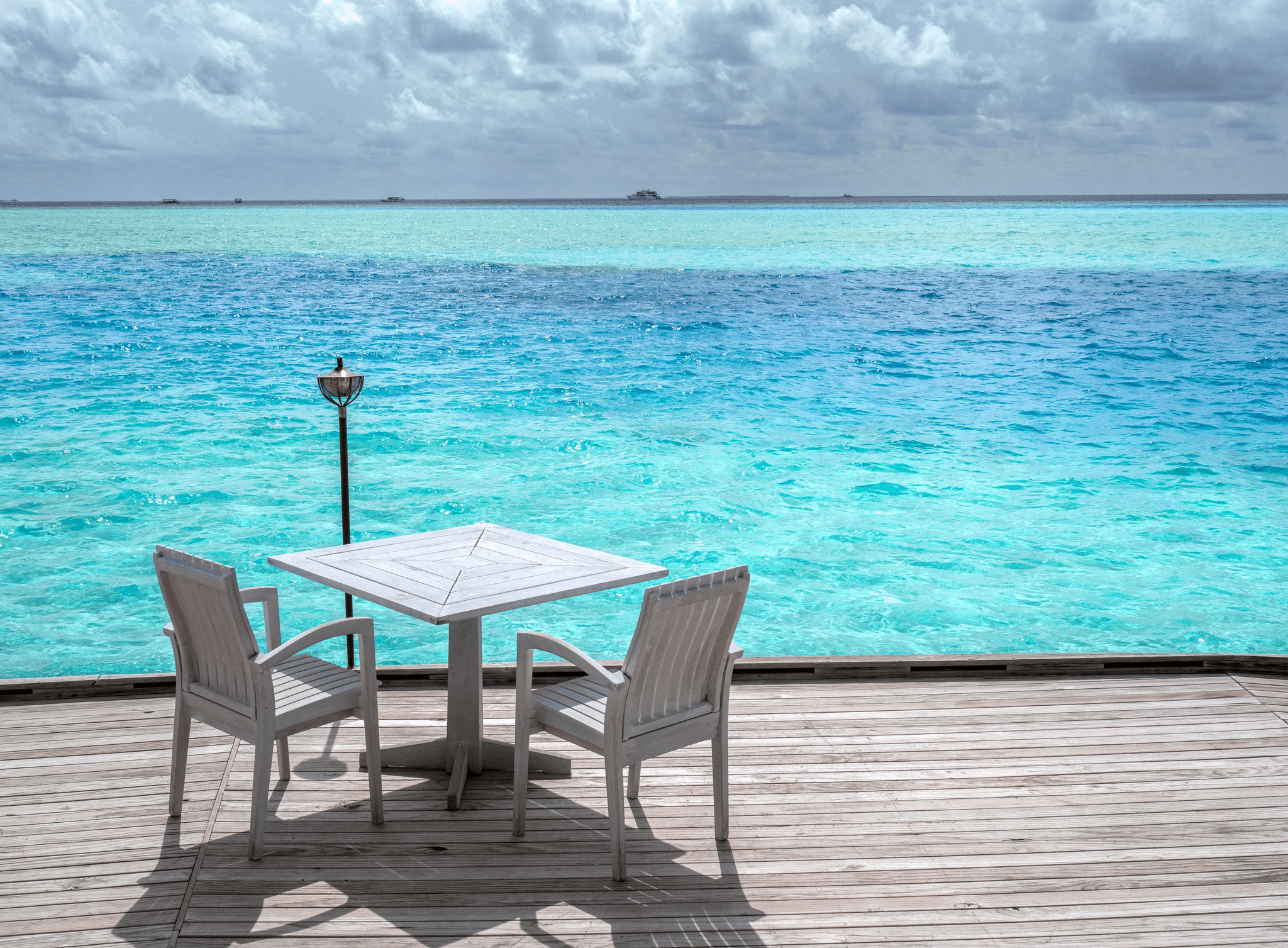
Building a floating deck can transform your outdoor space into a serene retreat or an entertaining hub. With the right planning and materials, you can create a beautiful area that fits your lifestyle and budget. Remember, understanding floating deck costs and material options is essential for making informed decisions.
Final Thoughts on Your Floating Deck
A floating deck is not just an addition to your home; it's an extension of your living space that invites relaxation and enjoyment. Whether you choose composite wood decking or traditional lumber, the investment in a floating deck pays off in aesthetics and functionality. Take the time to plan carefully, as this will ensure that building a floating deck becomes a rewarding experience rather than a financial burden.
Key Takeaways for Cost-Effective Building
When considering the overall floating deck cost, remember that several factors influence the final price tag, including materials, size, and location. Always calculate the deck cost per square foot to get an accurate estimate before diving in. Don't forget to budget for unexpected costs; having a cushion can save you from potential headaches down the road.
Resources for Quality Materials at Composite Decking Inc
For those looking to build a composite deck without breaking the bank, Composite Decking Inc offers high-quality materials at competitive prices. Their extensive selection allows you to find exactly what you need while keeping an eye on your floating deck cost. Visit their website for resources on choosing materials that suit both your style and budget.
